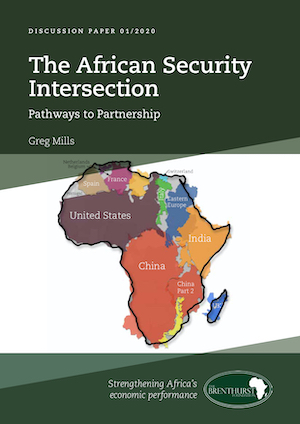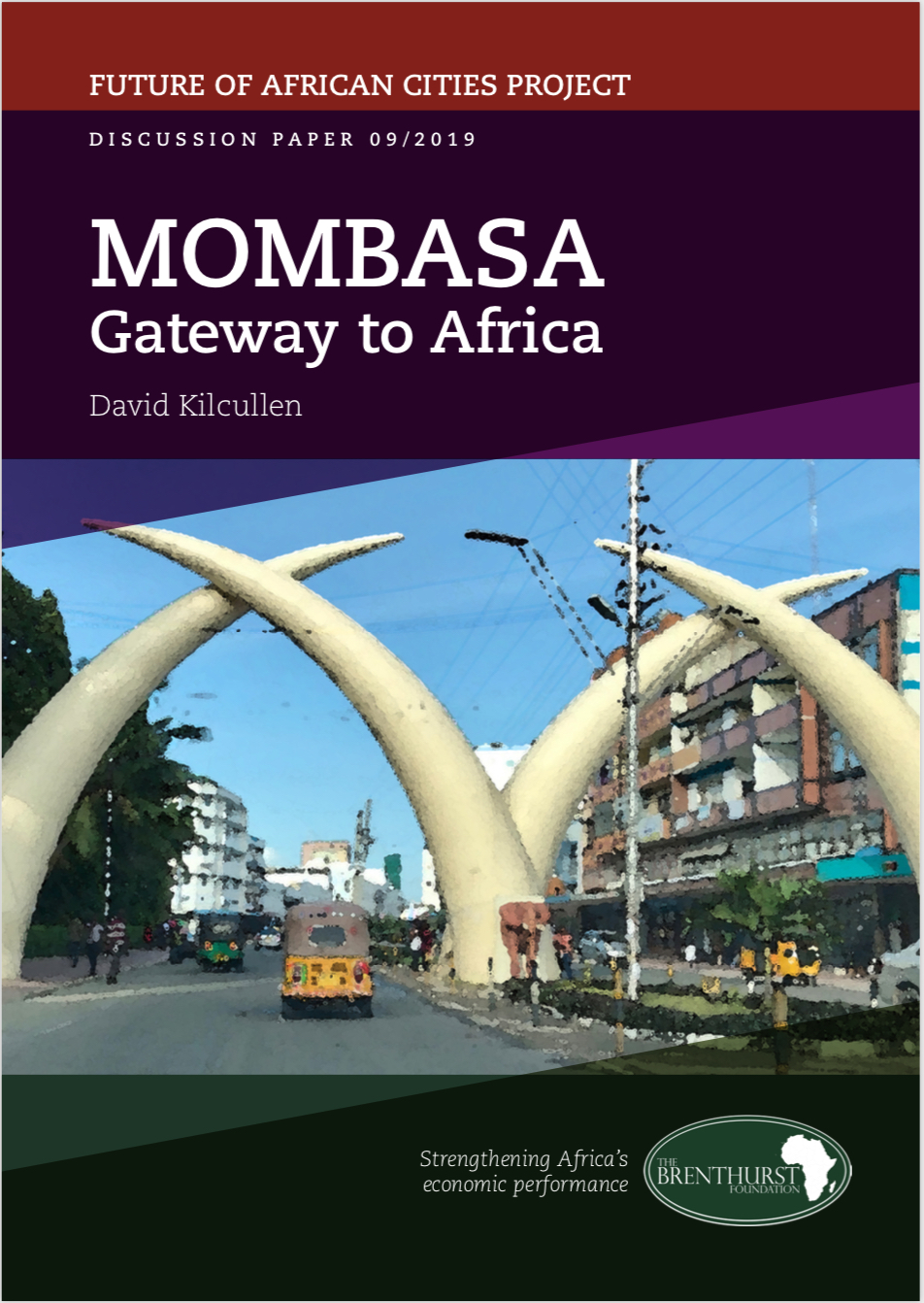Publications
The African Security Intersection - Pathways to Partnership
Africa is projected to double its population numbers to 2.5 billion by 2050. The consequences of failing to change current aid practices in Africa are moot. The combination of rapidly increasing populations plus fragile and often corrupt systems of governance producing insufficient and elite-focused economic opportunities, can only end badly – an outcome which is worsened if climate change is thrown into the mix, which could see even larger numbers of people in already climate-stressed areas on the move to greener pastures.
A successful donor strategy needs to play to its strengths and values, make tough choices about priorities and countries, make support more contingent on African performance on these shared values and interests and, fundamentally, develop a positive and consistent narrative. It would have to incorporate incentives to encourage African leadership and ownership of problems, national and regional, while at the same time realising the inherent dangers of transactionalism, including with African engagement in regional peace support missions. The answer to African security lies in paradoxically recognising the limits of the role to be played by the military, and rather stresses the need to infuse political and economic content.
This demands brutally honest if unpalatable professional advice to political leaders, both among the donors and the recipients.



